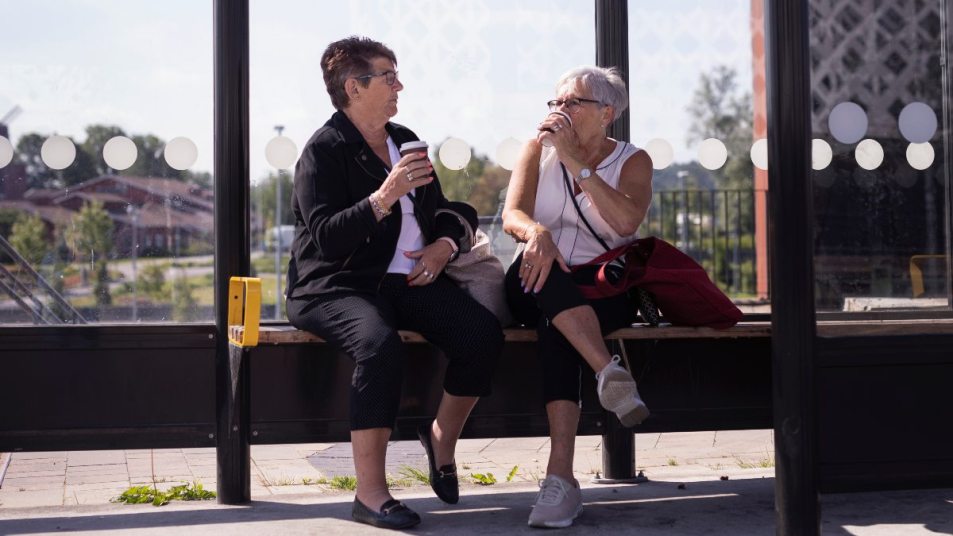Surprising Good News: Cooperation Among Strangers Is Increasing, Study Shows
It might have to do with the migration to cities.

At a time when the country seems more divided than ever, cooperation and “togetherness” may sound like far-flung ideas. But research tells a different story: A recent study found that cooperation among strangers has gradually increased in the US since the 1950s.
The news comes from a scientific article published in the Psychological Bulletin Journal on July 18. And at first, it probably seems hard to believe. The study authors noted that most Americans believe cooperation among strangers has steadily declined.
In addition, previous research supports the theory that cooperation has gotten worse. However, the authors argue, that previous research either relies on people’s self-reported beliefs or isn’t up to date.
Analyzing Cooperation Over Time
The study’s authors analyzed 511 US studies (measuring cooperation among strangers) which took place between 1956 and 2017. In total, they looked at data from over 63,000 participants.
After analyzing the data, the study authors found no evidence that cooperation declined over the 61 year period. Instead, they observed a slight, gradual increase in cooperation over time.
“We were surprised by our findings that Americans became more cooperative over the last six decades, because many people believe US society is becoming less socially connected, less trusting, and less committed to the common good,” lead researcher Yu Kou, PhD, a professor of social psychology at Beijing Normal University, said in a press release.
Why might cooperation be on the rise? Previous research shows that better cooperation is linked with market competitiveness and economic growth. (Market competitiveness means that consumers compete with one another for goods or services. Economic growth refers to an increase in our production of economic goods and services.)
Also, more people are living in cities and on their own, and may be forced to cooperate with strangers.
“It’s possible that people gradually learn to broaden their cooperation with friends and acquaintances to strangers, which is called for in more urban, anonymous societies,” said study co-author Paul Van Lange, PhD, a professor of social psychology at Vrije Universiteit Amsterdam. “US society may have become more individualistic, but people have not.”
Limitations and Downsides
We must take the research with a few grains of salt. Many of the participants in the 511 studies were college students, so the results may not represent the rest of US society. Also, as the authors wrote: “One intriguing implication of these findings is that while Americans’ cooperation has increased over time, their beliefs about others’ willingness to cooperate has actually declined.” So, while we are cooperating better than ever, we assume our fellow citizens are not willing to do the same.
Still, this study is important because it shines light on American perspectives and offers hope for the future. “Greater cooperation within and between societies may help us tackle global challenges, such as responses to pandemics, climate change, and immigrant crises,” said Dr. Kou.
Overall, it’s a good reminder to look at what brings us together so we can learn how to move forward. The takeaway? Look for the best in others, especially if your initial reaction is to assume the worst.












